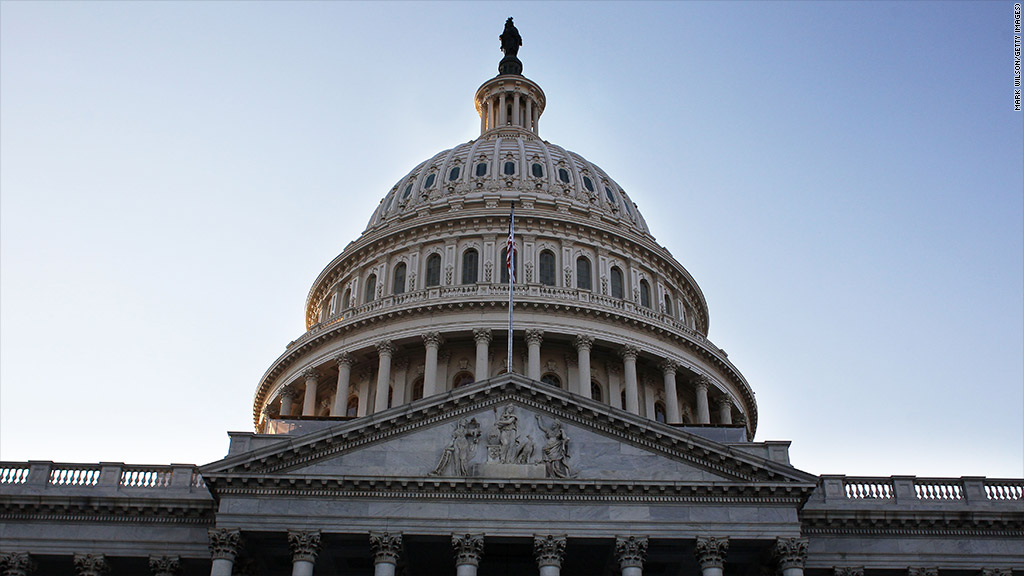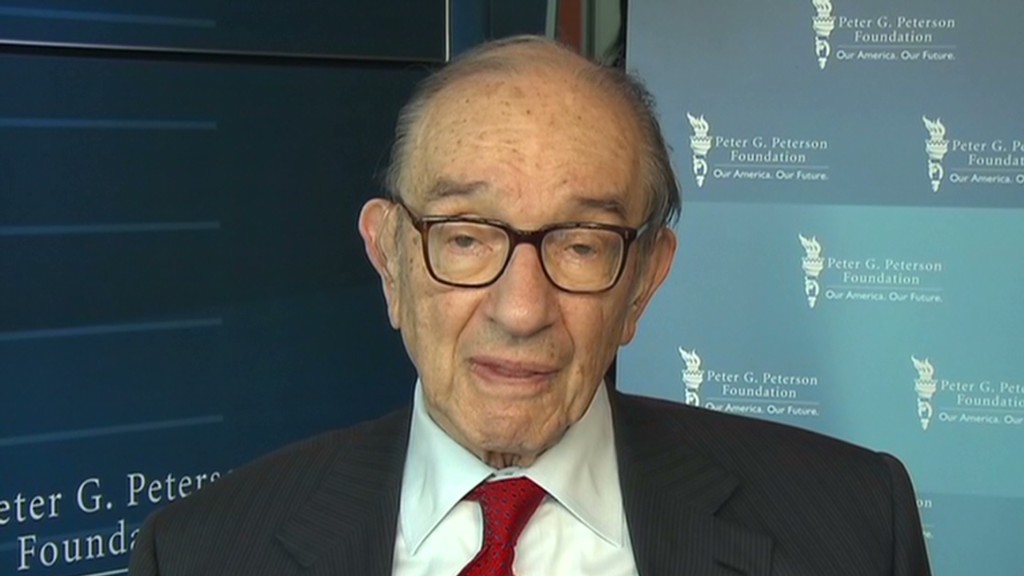
If Congress fails to cut a deal on the fiscal cliff this year, the scramble to do so in January could run smack dab into yet another high-stakes negotiation -- over raising the debt ceiling.
As of late last week, the country's debt was $154 billion below the $16.394 trillion debt ceiling.
The Treasury Department expects to hit the legal borrowing limit by the end of this year. But it says it can stave off the risk of default until sometime in early 2013 through the use of "extraordinary measures," such as temporarily suspending investment in federal worker pensions.
Of course, lawmakers could eliminate any risk of a collision between the fiscal cliff negotiations and hitting the debt ceiling if they simply decide to raise the debt limit before the year is out.
Recent precedent suggests that's a long shot, however.
Congress last voted to raise the debt ceiling in the summer of 2011, and it was ugly.
The increase was preceded by a destructive game of political brinksmanship. Some Republican lawmakers, bent on extracting spending cuts greater than the debt limit increase, publicly flirted with the idea of letting the country default.
Related: What's in the fiscal cliff
In the end, the debt ceiling was raised but the episode earned the United States its first-ever credit downgrade and rocked markets.
Last year's debt ceiling fight also yielded what's known as the sequester -- close to $1 trillion in across-the-board spending cuts starting in January 2013 that everyone wants to replace but can't agree on how.
Republicans have again drawn a line in the sand on the debt ceiling. In May, House Speaker John Boehner said they will continue to insist that any further increase in the borrowing limit be exceeded by spending cuts and reforms.

Of course, it's possible a deal to replace the fiscal cliff will include such reforms along with an agreement to raise the debt ceiling.
"I cannot imagine [President] Obama would agree to any deal that did not include a lengthy extension of the debt limit, ideally with a broader fix to keep the hostage taking from occurring again," said congressional scholar Norman Ornstein.
But it remains to be seen if Congress will handle the fiscal cliff and debt ceiling in one fell swoop.
Budget expert Stan Collender can envision a scenario in which Republicans make fiscal cliff concessions -- say, accept a deal that raises tax rates on income well above the $250,000 preferred by Democrats -- but then insist that the debt ceiling be addressed separately.


